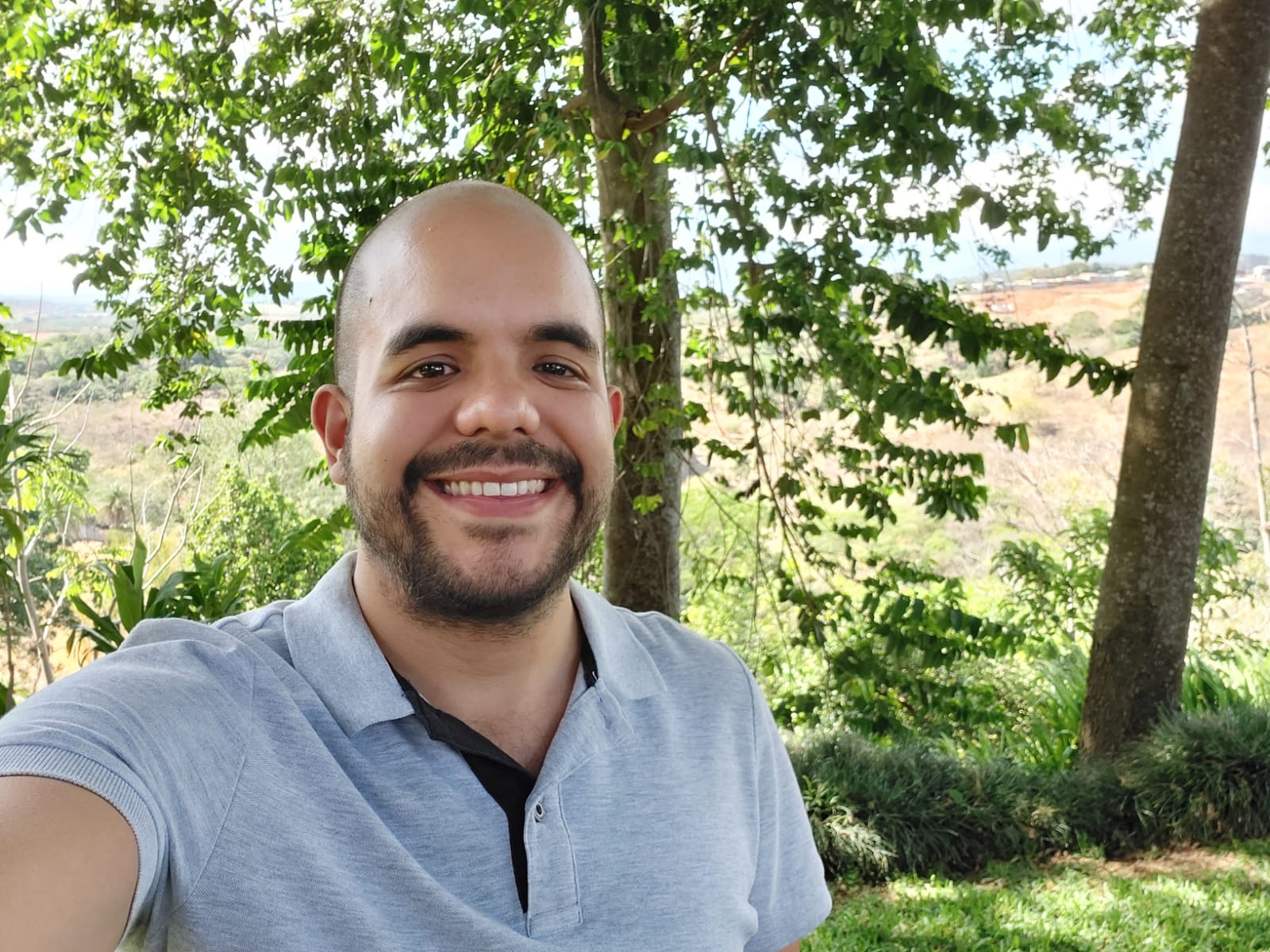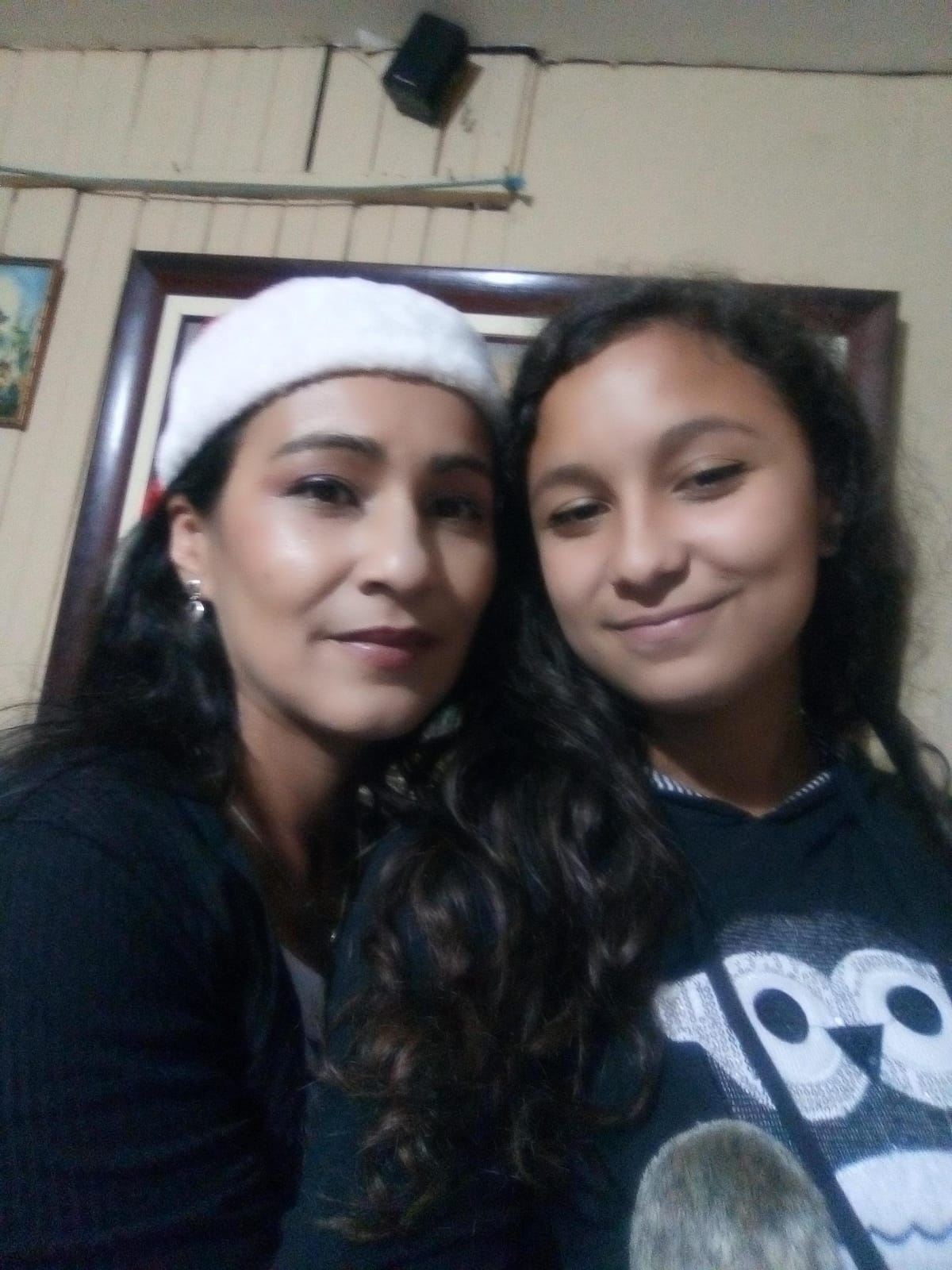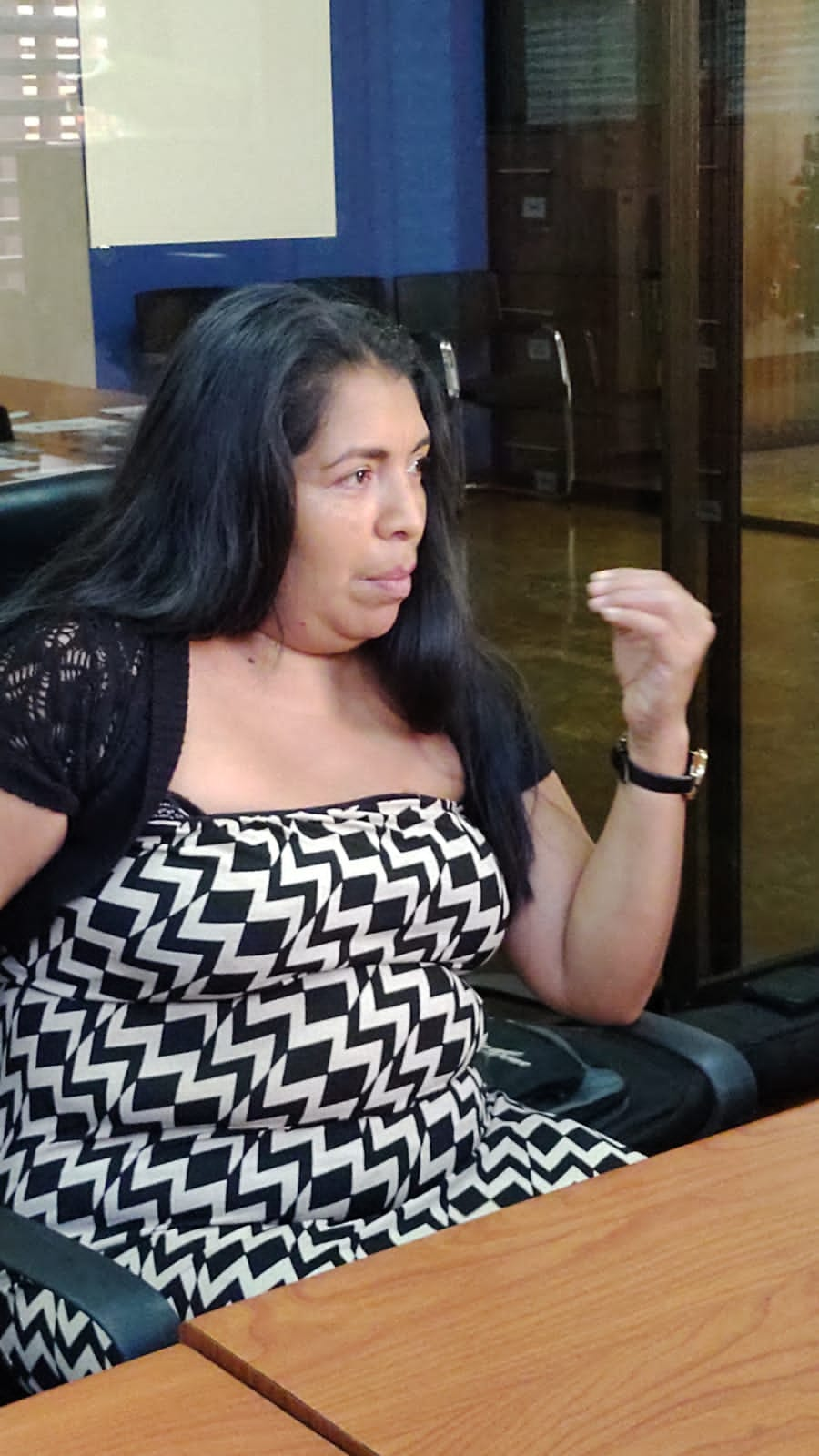On March 14, 2025, we held our congress – our seventh already. After last year’s congress, participants told us they would like for this year a more practical theme, with proposals directly applicable in the daily work at school.
Considering this request, and on the other hand the unfortunate increase in violence in the Costa Rican schools, especially among students, this year’s edition of the congress evolved around “Schools without violence”.
There is general agreement that the violence seen in schools reflects that seen in the Costa Rican society, which is why also solutions need to be sought in and outside the school system. Hence, we sought, and found, speakers from different stakeholders, who were asked not only to present data but also, and foremost, to provide proposals for diminishing and eventually eliminating violence in schools.
Some important takeaways from our speakers’ presentations:
- The country needs to reduce educational gaps, inequality and poverty, as educational exclusion is an important form of violence.
- Early Alert systems at schools allow them to react on warning signs and develop prevention strategies for violence.
- To help students, we need to prioritize mental health of teachers and provide them with continued learning.
- Mapping conflict zones and involve students in extracurricular activities are important tools used to decrease violent behaviour.
- Complicity between values at school and at home is fundamental to build fair communities. We must stimulate socio-moral reflection in students and help them develop a value system based on tolerance and human rights.
- Families must become more involved in what happens at schools. Education is not something to be left to teachers alone. Education, as violence, starts at home.
- As a society, we need to build co-responsibility for education.
Apart from speakers of the Ministry of Public Education, the national Teachers’ Association (Colypro) and the Institute for Psychological Investigations of the University of Costa Rica, the organization Joven Salud / Teensmart handed the public a view of the tools they already use to help students in various countries to develop knowledge, soft skills and motivation, so they learn to take decisions for their wellbeing that prevent risk behaviours and promote social responsibility.




Deja tu comentario